In a world where change is the only constant, there’s one trait that stands as a beacon of growth, innovation, and endless possibility: curiosity.
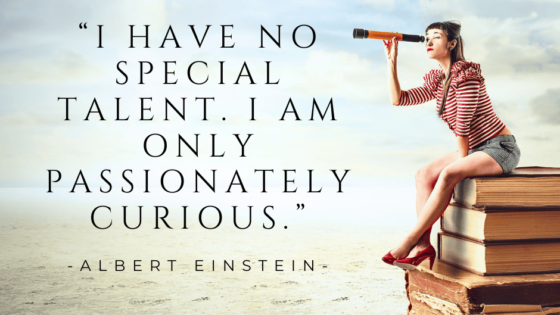

In a world where change is the only constant, there’s one trait that stands as a beacon of growth, innovation, and endless possibility: curiosity.
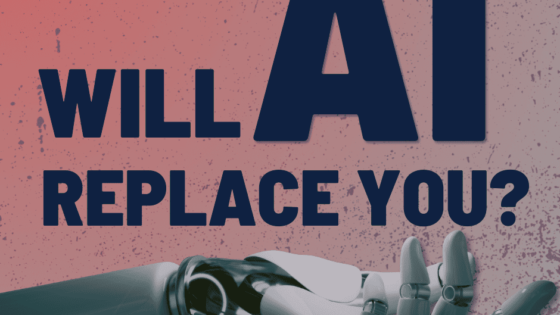
In an age where artificial intelligence and automation are not just buzzwords but realities reshaping our world, the workforce as we know it is undergoing a seismic shift. Technology is advancing at an unprecedented pace, transforming industries, and redefining jobs.

Virtual Reality in education opens up a world where boundaries blur between the physical and digital, making learning an adventure that transcends traditional textbooks.
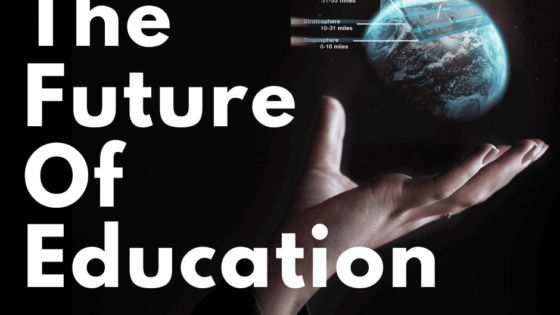
In the last century, we’ve seen cars become electric, phones become smart, and information becomes instantaneous. Yet, the halls of education echo with methods from a bygone era. The hard truth is that our current approach to education is akin to preparing our youth for a world that no longer exists.
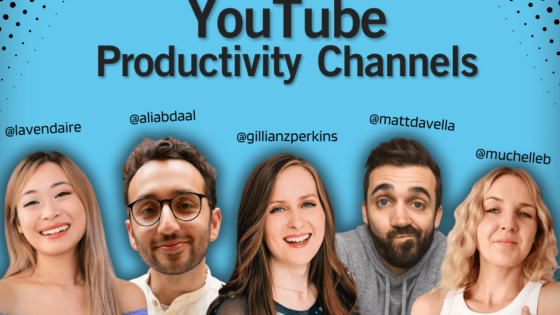
Ever since the Industrial Revolution, it feels as if we are exponentially moving faster each and every day. Technology was supposed to help us slow life down by making us more efficient but what has it really done?

Are you feeling like a hamster on a wheel, endlessly running but getting nowhere? With the frantic pace of change in our digital world, it’s easy to feel overwhelmed. Technologies like artificial intelligence and automation are accelerating progress faster than we can keep pace.

Homeschooling has become a new way of life for many parents. Especially since the Covid 19 Pandemic when schools shut down in 2020. Parents realized they want more control over their children’s upbringing and education as they may not agree with the curriculum that is being taught. Homeschooling is a great alternative for parents who want to have more say in what their kids learn in school.

With the trendiness of online courses these days, a lot of people are probably wondering why? What makes an online course great and why would someone not just go to a junior college or university instead?
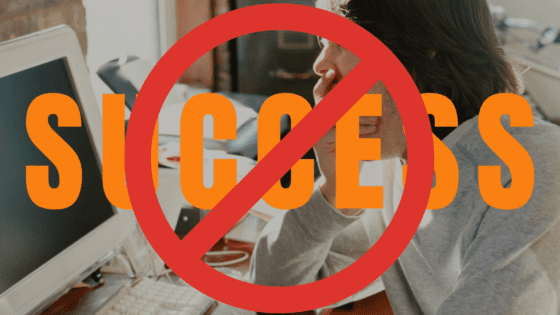
Through our interactions with course creators and users, we have been able to compile a list of practices that lead to one’s success or failure with online programs. Rather than bore you with a list of, “best practices to get the most out of your online course,” we prefer to address this using a process called inversion thinking.

Having a good mentor can make the difference between reaching your goals and failing. At The Life Edge, we are very grateful for the mentors that we have had throughout our journey. Some of these mentors were life-changing and we owe a lot of our success to them. Others, we outgrew sooner than anticipated.